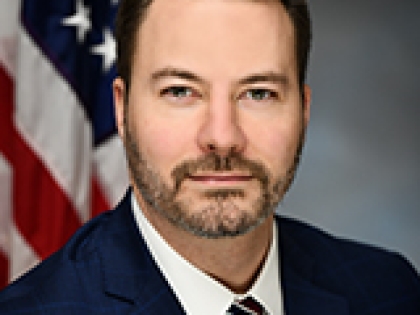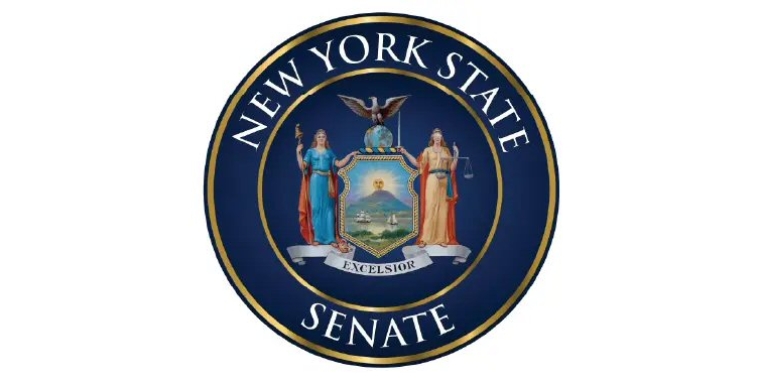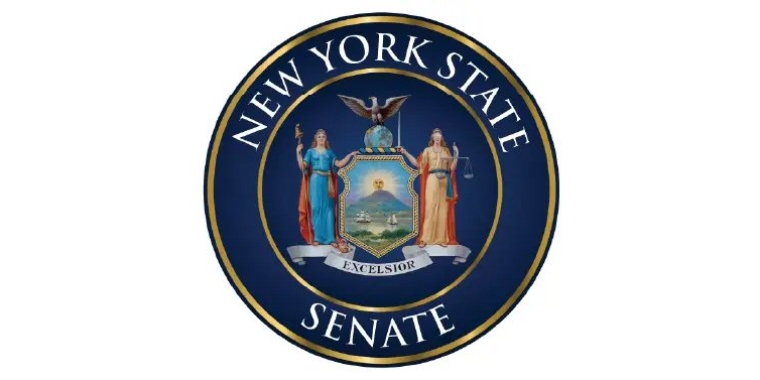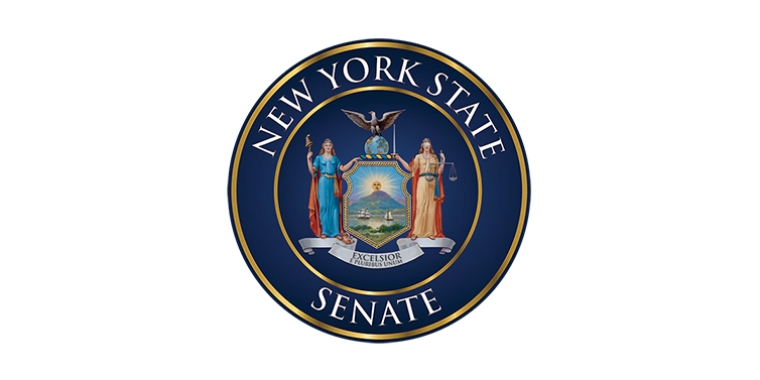
Ortt Announces WNY State Budget Victories
Antoinette DelBel
April 13, 2017
-
ISSUE:
- New York State budget

Senator Rob Ortt (R,C,I – North Tonawanda) today announced that the $153 billion 2017-18 State Budget included several of his legislative and budget priorities. Ortt pointed to budget victories that control spending, create jobs, invest in education and infrastructure, and protect taxpayers.
Senator Ortt said, “This budget plan is fiscally responsible, includes several of my priorities, and achieves many of the goals laid out by the Senate Republican Majority. This budget lessens the burden on middle-class families by cutting taxes, promotes local economic development, helps to create good-paying jobs, and provides substantial support for our school districts. I believe this budget will help to improve the lives of every New Yorker and make Western New York a better community to live, work, and raise a family.”
Lawmakers have reached numerous agreements outlined in the final budget including:
LOCAL WINS
- A total of $1.44 million will be set aside for economic development and job creation in Niagara Falls;
- $3 million will go toward research and retention efforts of military bases statewide. A portion of that funding will go toward protecting the Niagara Falls Air Reserve Station from closure and strengthening national defense efforts; and
- A total of $100,000 will assist individuals with developmental disabilities or a mental health diagnosis. Of that amount, Developmental Disabilities Alliance of Western New York (DDAWNY) will receive $55,000 to enhance services that better meet the needs of people with disabilities. The Mental Health Association (MHA) of Genesee & Orleans Counties will receive $45,000 of the total funding to support transportation needs.
RIDE-HAILING
The budget expands ride-sharing services, such as Uber and Lyft to operate beyond New York City, where it is already legal. These services offer a safe, reliable and affordable transportation option that will create new jobs and help grow the economy. Once the law goes into effect after 90 days, ride-hailing will be regulated by the state. Counties and large cities with a population of more than 100,000 will be allowed to opt out of ride-hailing services. All of the tax collected from ride-hailing trips will go to the state’s general fund.
WORKERS’ COMPENSATION REFORMS
The workers’ compensation system was last reformed 10 years ago, and some changes have yet to be implemented. This year’s budget provides sensible workers’ comp reforms that would ensure fairness and offer protections to injured workers while providing significant cost savings for municipalities, school districts and businesses – up to $700 million annually. Reforms include updates to duration caps and schedule loss of use awards, and changes to reduce frictional costs, streamline forms, improve independent medical examinations and require implementation of a prescription drug formulary by December 31, 2017.
DIRECT CARE
The Senate Republican Majority has led the charge on providing additional funding to support wage increases for direct care professionals. The budget sets aside $55 million for a 6.5 percent wage hike for direct care workers over the next two years. The funding increase will start on Jan. 1, 2018, with direct care staff receiving a 3.25 percent boost in pay. Another 3.25 percent wage increase will take effect on April 1, 2018.
Senate Mental Health and Developmental Disabilities Committee Chairman Senator Ortt said, “I’m proud leaders were able to come to an agreement on this issue that I’ve been a staunch advocate for. Direct Support Professionals currently earn an average of $10 - $13 per hour, but the demands of the job go well beyond their compensation and they deserve more than the minimum. This pay increase for our hardworking direct care workers not only helps to retain and recruit qualified staff, but also meets our moral obligation to individuals with developmental disabilities and their families by ensuring this tremendous workforce has a fair wage.”
INFRASTRUCTURE: UPSTATE ROADS, BRIDGES & WATER
This year’s budget includes $2.5 billion for new water infrastructure upgrades. Along with additional funding for environmental, health, and infrastructure investments in the state’s water supply, this marks the largest investment in state history for clean water. The budget also adds $65 million to support the construction and repair of state highways, bridges, culverts and other infrastructure. Under the Consolidated Local Street and Highway Improvement Program (CHIPS), funding will be increased to a total of $503 million this year and $2.5 billion over five years.
HEROIN AND OPIOID ABUSE
The budget delivers record state funding to help put an end to the dangerous heroin and opioid addiction crisis sweeping across our communities. A total of $214 million in funding will be included to strengthen prevention, treatment, recovery, and education services.
Senate Joint Task Force on Heroin and Opioid Addiction Member Senator Ortt said, “This budget agreement represents the Senate Republican Majority’s continued commitment to addressing and ultimately eradicating the opioid epidemic in New York State. Heroin and other opioids are taking young lives and tearing families apart. Strengthening prevention, treatment, recovery, and education services will allow us to curb the scourge of heroin statewide and take back our communities.”
INCREASED SCHOOL AID
The new budget provides significant funding for schools – a 4.4 percent increase for a total state investment of more than $26 billion. Ortt fought last year to eliminate GEA school funding cuts, which disproportionately hurt Upstate schools. Ortt believes these moves will improve education while also protecting local property taxpayers.
Share this Article or Press Release
Newsroom
Go to NewsroomStatement From Senate Republican Leader Rob Ortt
April 20, 2023

Statement From Senate Republican Leader Rob Ortt
April 17, 2023

Statement From Senate Republican Leader Rob Ortt
April 10, 2023

